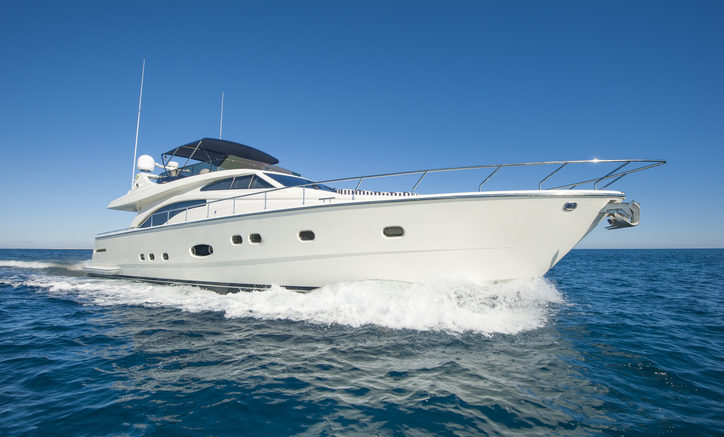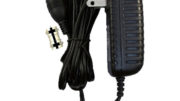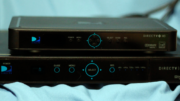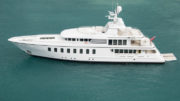I’ll admit I thought it was an old wives’ tale. But, when a customer called us saying that their satellite TV didn’t work when the engine was on, we listened. And it turns out it’s possible. Not common, but possible.
It was pretty simple to replicate the problem. Turn on the engine, the satellite TV would start generating errors. At the very least, the remote controls wouldn’t work reliably. Get that engine going and you’d see signal loss and errors.
The funny thing was that it had nothing to do with motion. The dish was tracking properly. The customer was able to fire up the engine, get to a good speed, and cut the engine. As soon as they did, the satellite TV came back. We started looking for solutions.
The ever-present possibility of radio-frequency interference
Radio-frequency interference, or RFI, was the first thing we thought of. Pretty much anything can generate it. We thought maybe it might be interfering with reception or possibly introducing noise into the lines through older or degraded cable.
This is a very real possibility, because wiring in a boat can be difficult and complex. Space is at a premium in your average boat, and that means that you’re not likely to inspect wires very often. A connector that’s worked itself a little loose could allow for RFI to come in.
Luckily the boat in question was pretty new and had ample pathways for wiring. It was easier to inspect the cables than it would have been in an older boat that had been extensively worked on over the years.
Our customer was able to inspect all the cables and connectors. They were also able to create makeshift cages for the electronic components using aluminum foil. This isn’t a good long-term solution because it makes it difficult to keep electronic devices ventilated. But wrapping something in tinfoil is a pretty good way to diagnose problems.
After a little bit of work on the boat owner’s end, we were able to rule out RFI, at least to our satisfaction. Still, something was causing the problem.
The answer was…
Here’s a surprise. We were able to trace it to improper grounding. A lot of folks don’t realize that your boat has to be grounded just like your home. Lightning strikes on the water can be treacherous and the last thing you want is to get hit.
Unlike homes, boats often have three grounding systems. The DC grounding system is there for all the 12-volt electrical devices on the boat. There’s also an AC grounding system that handles the grounding requirements of anything with a regular plug. Many boats will also have a separate grounding system just for the RF receiving components.
There’s more to grounding on a boat than just trailing a ground wire into the ocean. Each of those systems requires its own grounding strategy, and the common wisdom is that you actually limit the electrical system’s connection to seawater. But, many boat owners don’t know that, and improperly ground their electrical stuff. While this is better than nothing, it’s not much better than nothing.
Surprisingly…
The grounding system for RF was hooked up properly. But, because satellite TV receivers run off AC, we had the customer check the AC grounding system. It was in bad shape, poorly installed, and probably wasn’t doing much grounding at all. It’s actually lucky that we found the problem before it got to be more serious.
As soon as the AC grounding system was brought “up to code,” the problem disappeared. I’d seen something like this in homes, where an improperly grounded system created problems. Because satellite receivers use two-prong plugs, I wouldn’t have expected improper grounding to be the culprit.
But the funny thing is, it was. You can’t argue with real-world results. We have a happy customer and the results speak for themselves.
Moral of the story: your Signal Connect team is ready to work with you on any problem. We’re not going to get stuck on “the normal fixes.” We’re going to go above and beyond to help you fix your problem. IF you want this kind of white-glove service, call the experts at Signal Connect. We’re here during East Coast business hours. All it takes is a call to 888-233-7563. If it’s after hours, fill out the form below and we’ll get back to you, usually within one business day.





